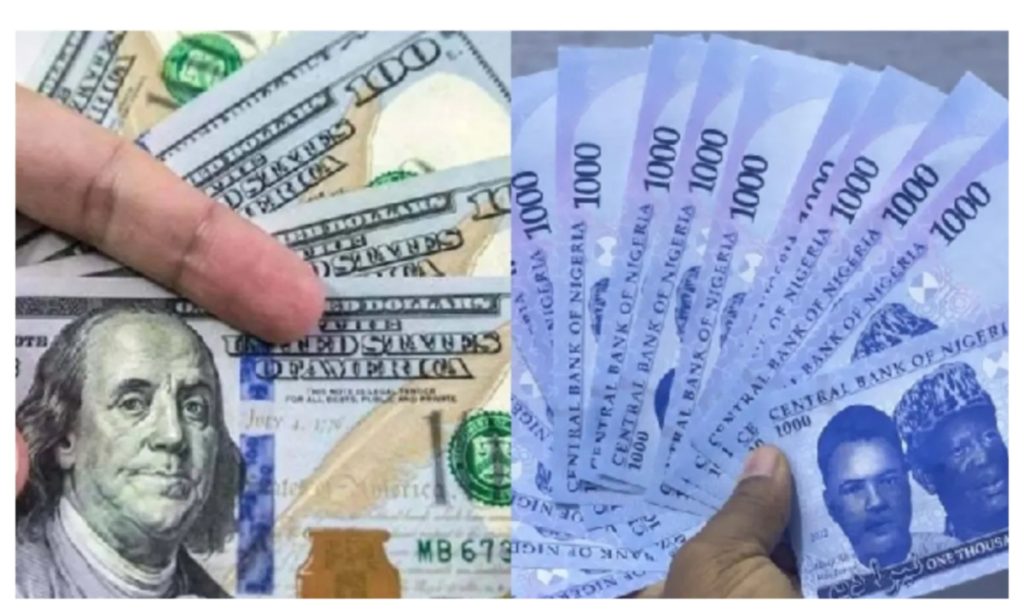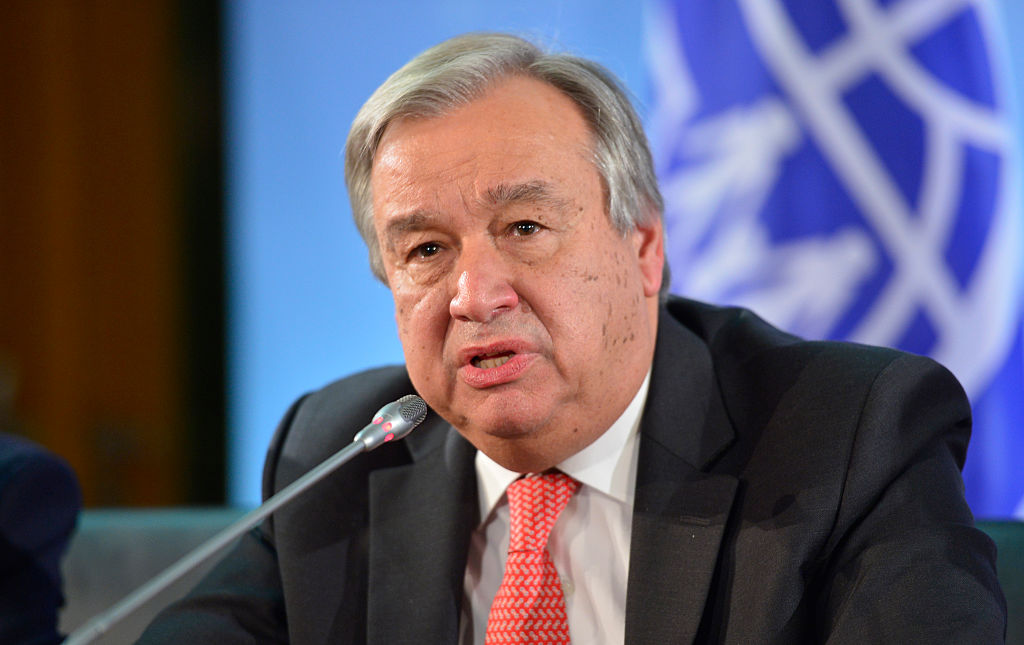Taiwan’s government has unveiled plans to allocate $18 billion to enhance the island’s resilience, particularly in the face of US tariffs and increasing Chinese threats. The special budget bill, approved by the cabinet, aims to support industries affected by the 20 percent US tariff and provide financial assistance to individuals. The proposed funds, totaling NT$550 billion, will also be used to bolster Taiwan’s defenses, including the procurement of coast guard patrol boats, development of drones, and upgrade of the military’s command and control systems.
According to Defence Minister Wellington Koo, the funding will “increase our combat readiness” and “ensure operational resilience” as Chinese pressure on the island intensifies. China has been escalating grey-zone harassment and military intimidation against Taiwan in recent years, prompting the need for heightened vigilance. Taiwan lives under the constant threat of invasion by China, which claims the self-ruled island as part of its territory and has threatened to seize it by force.
The island has been increasing its military spending over the past decade, but it remains heavily reliant on the United States to deter a Chinese attack. President Lai Ching-te has announced plans to raise defense spending to five percent of gross domestic product by 2030, with the 2026 defense budget expected to reach 3.32 percent of GDP. The proposed $18 billion allocation is subject to approval by the opposition-controlled parliament before it can take effect.
The move comes as Taiwan seeks to strengthen its economy and defense capabilities amid rising tensions with China. The island’s government has been working to reduce its reliance on the US and enhance its own defense systems. With the increasing threats from China, Taiwan’s plans to boost its resilience and defense capabilities are seen as crucial steps in maintaining its sovereignty and security. The outcome of the budget bill’s approval and the implementation of the proposed measures will be closely watched, both domestically and internationally, as Taiwan navigates its complex relationship with China and the US.


